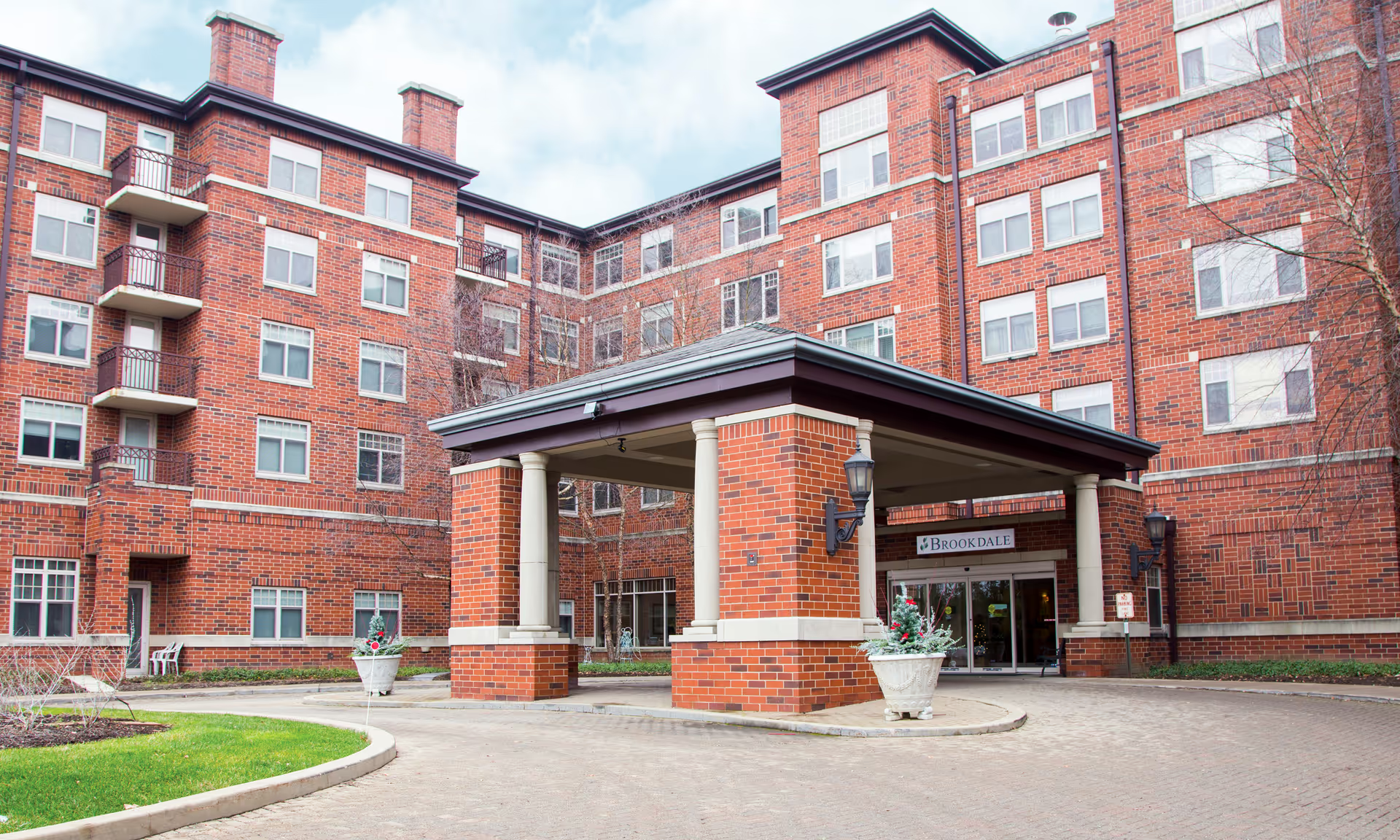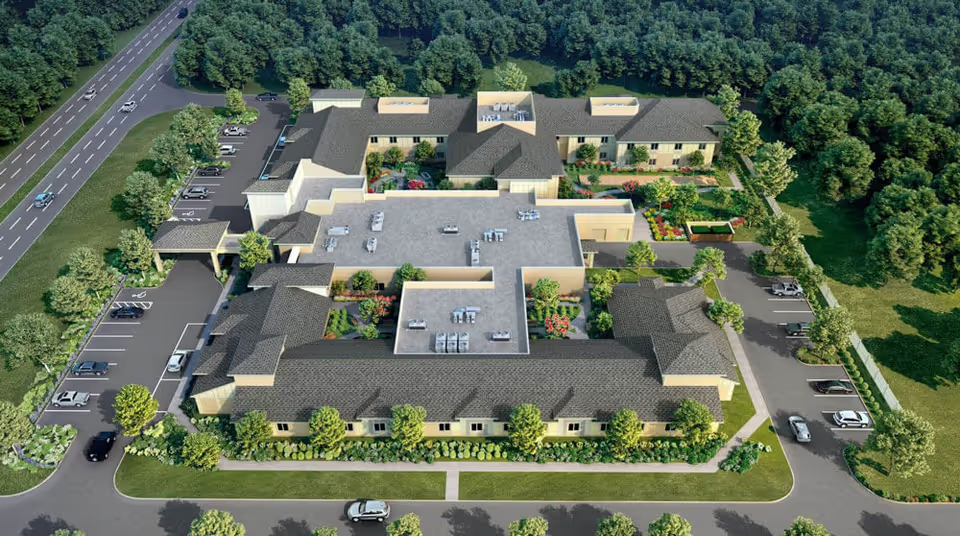Overall sentiment across the reviews is mixed but leans positive for rehabilitation services and many aspects of daily care. The most consistent strengths described are a strong therapy department and dedicated rehab staff who help residents make measurable progress toward independence. Reviewers frequently singled out individual employees (e.g., Tammy, Joe, Logan) and teams (Team Haywood) as going above and beyond, and multiple accounts praised therapy specifics such as thorough therapy plans, a therapy dog (Leo), and successful discharge planning. Several reviewers explicitly called Skyland Terrace a top choice for short-term rehabilitation and praised the facility for getting residents home and improving mobility.
Care quality and staff attitude receive many positive comments: numerous reviewers described CNAs and nurses as attentive, compassionate, and respectful, treating residents with dignity and warmth. Families reported proactive care measures (fall prevention), effective pain management, and good coordination with hospice when needed. Many reviewers also highlighted a family-like atmosphere, welcoming staff, and a lively, engaging activities program. Dining and housekeeping are often praised — reviewers mentioned appealing, nutritious meals (good smell, appearance, and taste), quick laundry service, attractive decorations in common areas, and an overall lack of nursing-home odor. Support functions such as the business office, social work, and financial teams were also described as competent and helpful.
However, there are significant and recurring concerns that create a picture of inconsistency. Several reviewers reported understaffing and variability in staff performance: while many staff members were described as excellent, other accounts cited rude or lazy CNAs and nurses. Some reviews raised serious hygiene and care issues, including extreme allegations of residents being left soaked in urine and feces, missing personal items, infrequent bandage changes, and medication errors. These negative reports contrast sharply with the numerous accounts of an immaculately clean facility, indicating that experiences may vary widely between units, shifts, or over time.
Communication and operational consistency are other mixed themes. Some families praised frequent and proactive communication from staff and leadership, while others reported poor front-desk telephone handling, dropped calls, long hold times, and overall poor responsiveness. Management and leadership were specifically noted as improving the facility in several reviews — reviewers credit a proactive turnaround and named leaders for positive changes — yet the coexistence of both glowing and severe negative accounts suggests that improvements may be recent or unevenly implemented.
Additional practical and contextual points from the reviews: the facility accepts Medicaid, which increases accessibility for some families; visitors have been restricted in the context of COVID-19 (mentioned by one reviewer); and cost/value concerns were raised by several families who felt rising costs were not always matched by consistent quality. Finally, housekeeping/room-level cleanliness and responsiveness to call bells were singled out as specific operational issues in some reviews.
In sum, Skyland Terrace and Rehabilitation appears to excel at short-term rehabilitation and has many devoted, effective staff members and therapy services that produce strong outcomes for residents. Simultaneously, there are notable reports of inconsistent care quality, staffing shortages at times, communication problems, and isolated but severe hygiene and responsiveness failures. Prospective residents and families should weigh the strong rehab reputation and many positive staff-related reports against the variability described by multiple reviewers: an in-person visit, direct questions about staffing levels, infection-control practices, call response times, wound-care protocols, and a review of recent regulatory/inspection records would help clarify whether the facility’s positive attributes are consistently applied to a particular unit or type of stay (short-term rehab vs. long-term care).







